Rangamati, August 4 (V7N) – After a three-month and two-day seasonal fishing ban, activity has resumed in Kaptai Lake, one of Southeast Asia’s largest man-made lakes. From midnight Sunday, fishermen began casting their nets again, and by Monday morning, fishing, trading, and transportation of fish had returned to full scale.
Watch Video: Fishing activities resume at Kaptai Lake; Tk 21.5 lakh Govt Revenue in first 12 hours
In the first 12 hours since operations restarted, more than 100 tons of fish were harvested and brought to the Bangladesh Fisheries Development Corporation (BFDC) landing station. This initial haul generated approximately Tk 21.5 lakh in revenue for the government.
Confirming the figures, BFDC Commander in Rangamati, Md. Fayez Al Karim, said that the catch exceeded expectations, with boats arriving from multiple upazilas including Jurachhari, Baghaichhari, Langadu, and Barkal. Local fishermen delivered drums filled with a variety of fish species, including chapila, kachki, aire, baim, and foli, using engine-powered boats.
Wholesalers, after paying the necessary fees at the landing station, preserved the fish with ice and loaded them onto refrigerated trucks for transport to markets across the country.
The renewed activity has brought much-needed vitality back to the region’s fishing communities. After a long pause, both fishermen and traders expressed relief and optimism as income opportunities reopened.
Each year, fishing in Kaptai Lake is prohibited from May 1 to July 31 to allow for spawning and to sustain the lake’s aquatic ecosystem. This year, the ban was extended by two additional days, until August 2, to allow the BFDC to complete necessary preparations.
Last year, on the same day fishing resumed, around 74 tons of fish were caught. This year’s higher volume suggests improved fish stocks, which experts attribute to the effectiveness of the seasonal ban and stricter enforcement of conservation regulations.
Kaptai Lake, covering approximately 725 square kilometers, is not only a critical source of livelihood for thousands of fishing families in the Chattogram Hill Tracts but also plays a significant role in supplying fish to markets nationwide.
END/AHS/SMA/



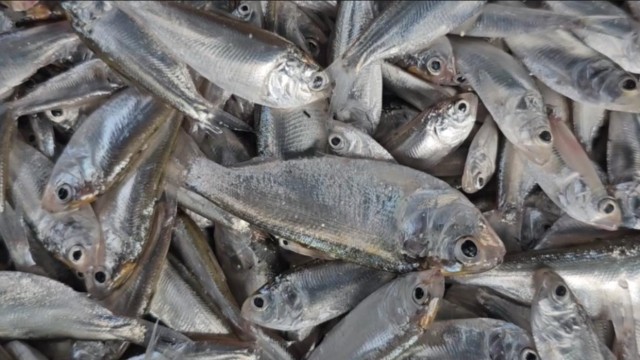
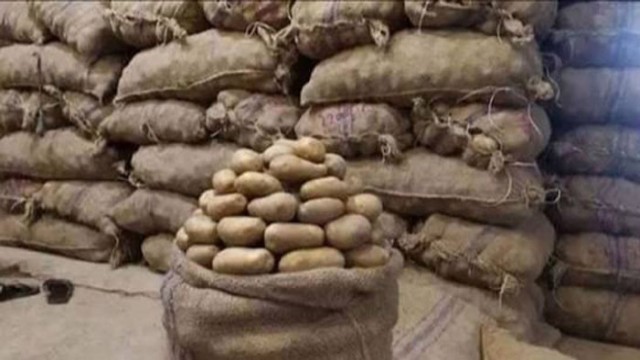
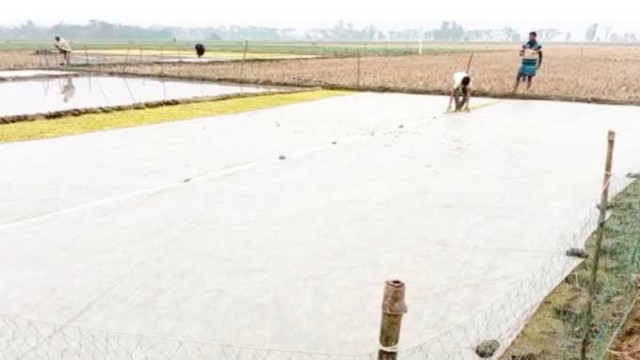
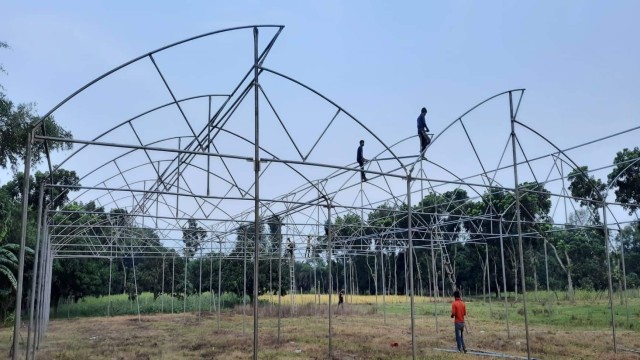
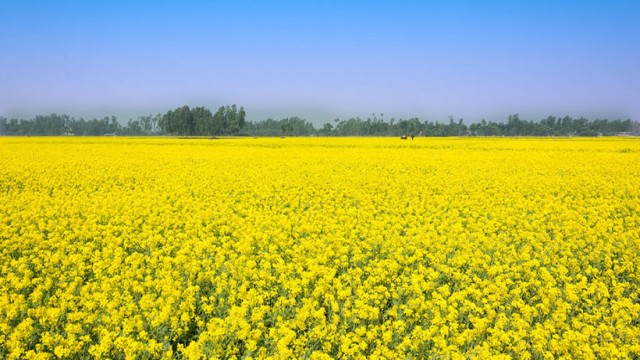
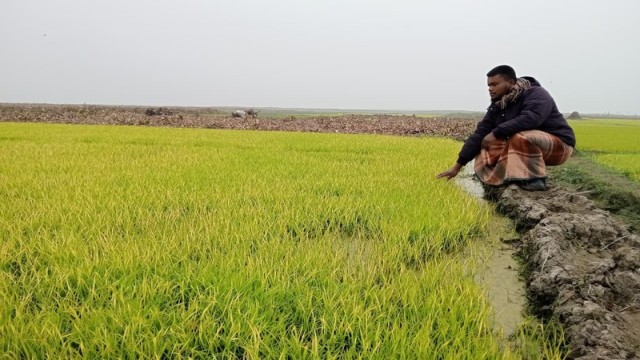
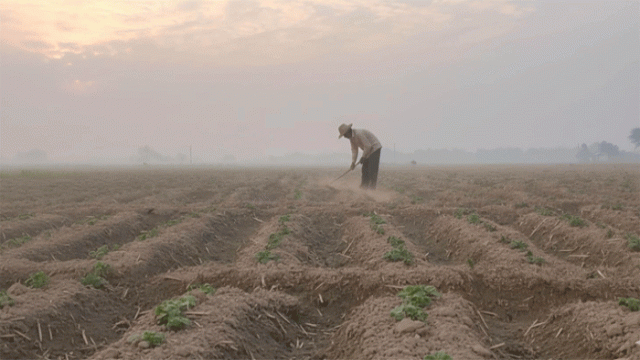
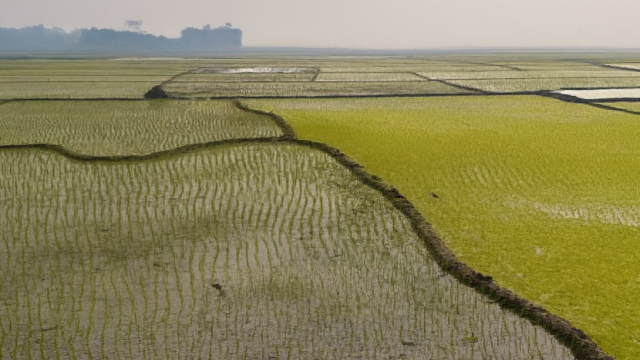






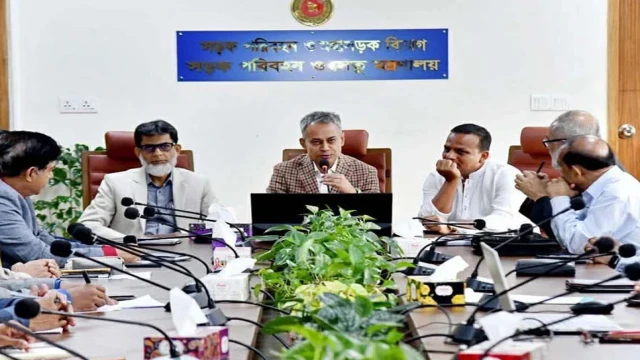












Comment: